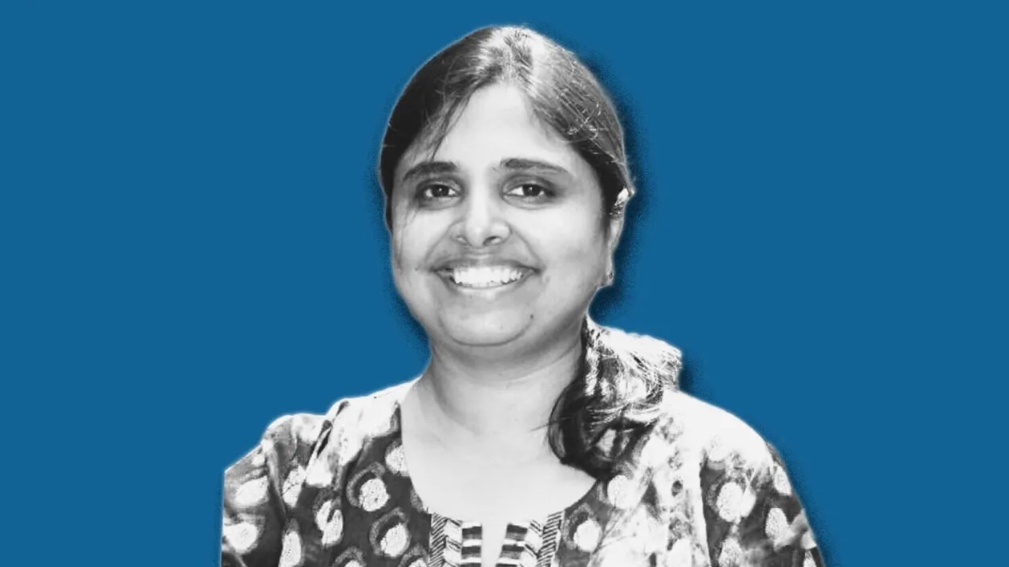
We need to expand the scope for care for women’s health to include issues beyond maternal health, says Dipa Sinha, economist and core group member of the National Human Rights Commission’s Right to Food, in this interview.
Women’s well being, estimated from their Body Mass Index (BMI), education, early marriage and access to antenatal care, could explain half of the difference between high and low stunting rates in India, a 2018 study by the International Food Policy Research Institute showed. Investments in women’s health and nutrition, therefore, have intergenerational impacts.
About 13.5% of Indian women aged 15 and above are diabetic, while 21.3% of them have hypertension, as per the fifth National Family Health Survey, 2019-20 (NFHS-5). In addition, about 57% of them are anaemic, an increase from 53% in 2015-16.
To improve women’s health, we need to focus on these social determinants of health including providing access to adequate nutrition, and sanitation, as well as providing employment and education to women, according to Dipa Sinha, assistant professor at the School of Liberal Studies, Ambedkar University, Delhi. Sinha is a member of the core group on the Right to Food under the National Human Rights Commission.
As India elects the 18th Lok Sabha, we spoke with Sinha to evaluate the performance of various schemes, including nutrition schemes, over the past few years.
According to the NFHS-5, 16% of Indian men and 19% women have low body mass indices, and 32% children under five years having low weight for age, despite the country being self-sufficient in cereal production. How much has the system of disbursing food entitlements improved and what do we need to do to improve it further?
Read full story here –
https://theprobe.in/public-health/not-all-womens-health-is-about-maternal-health-4549712







